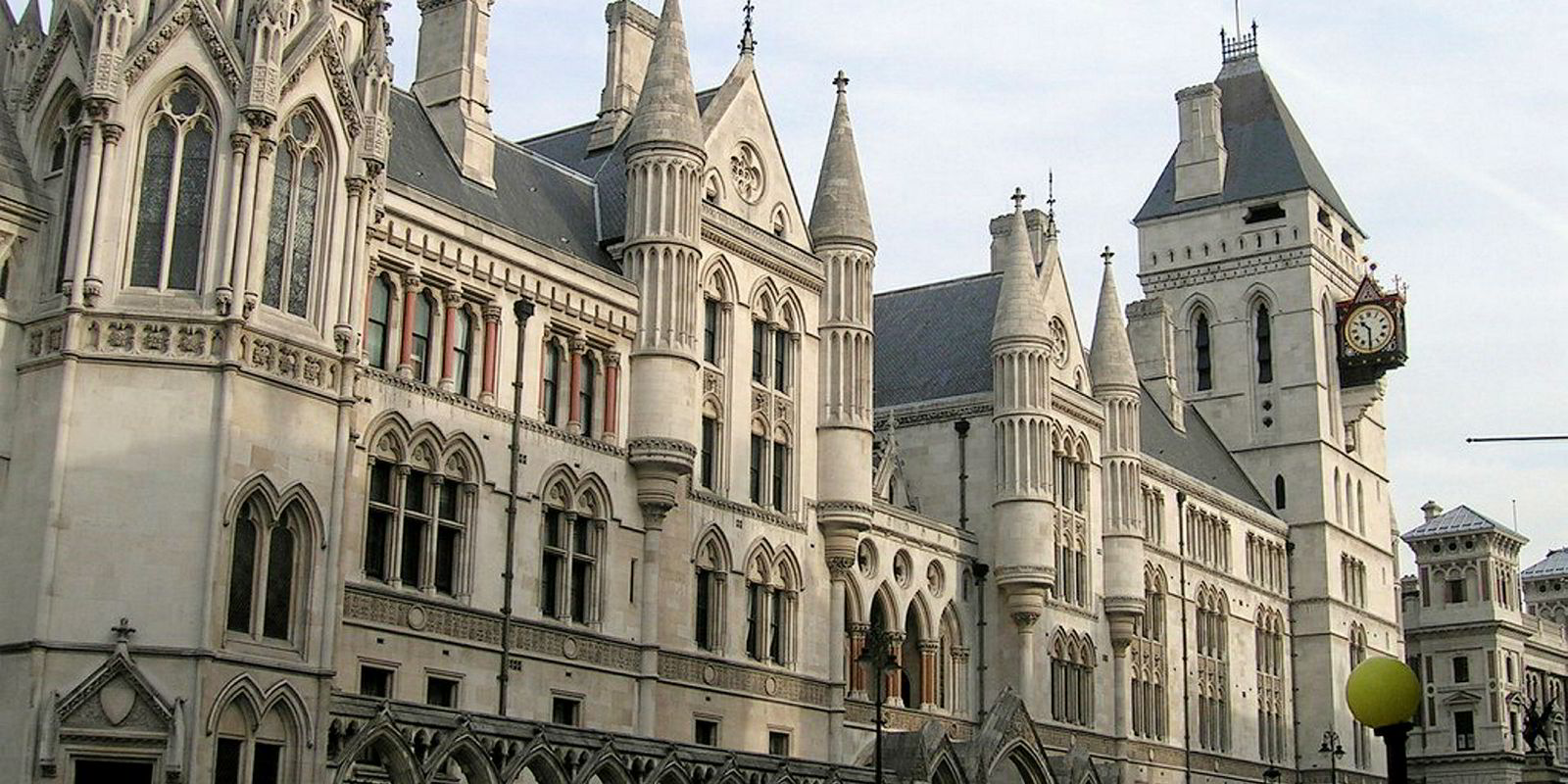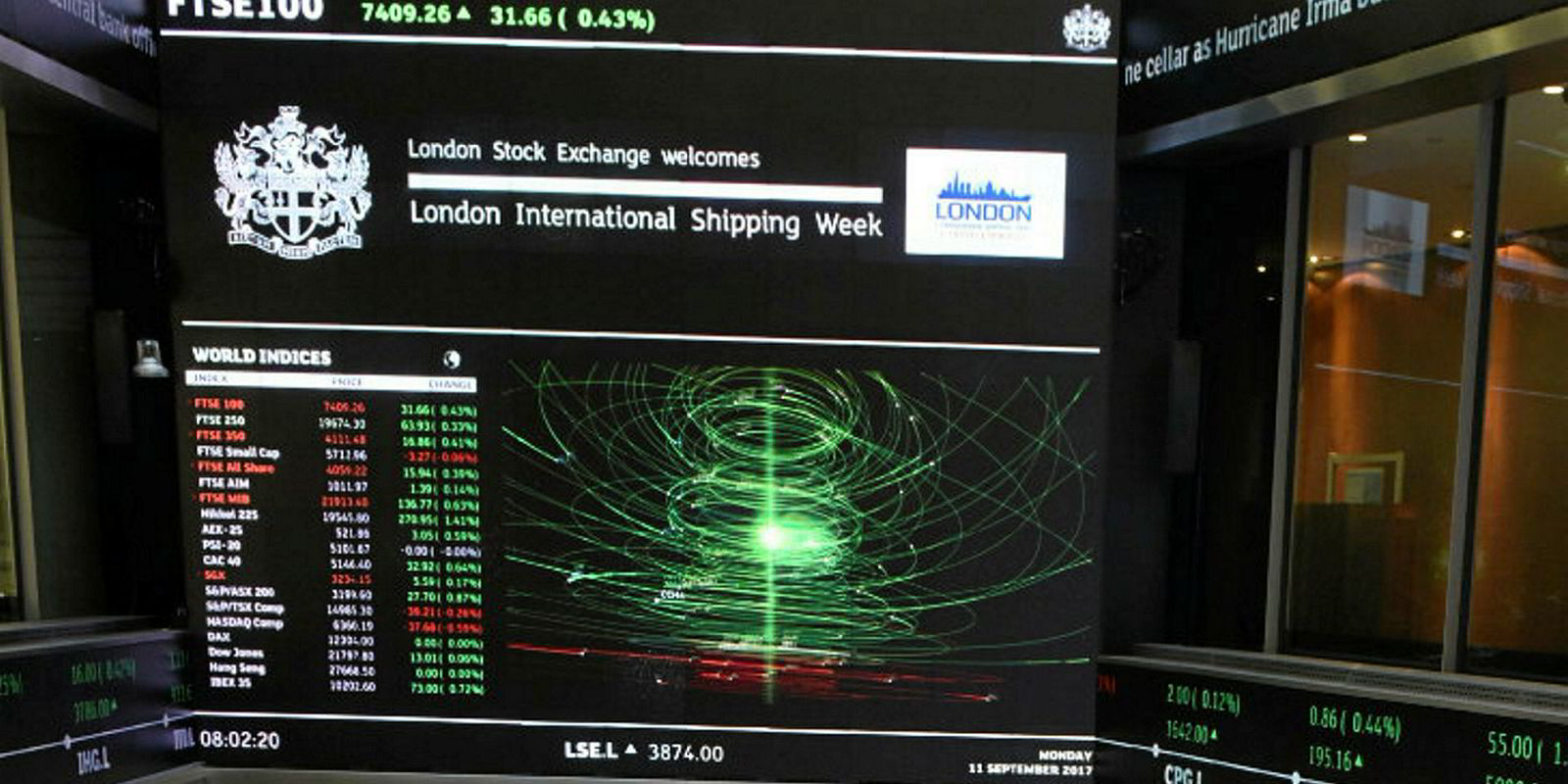A $3.8m court case involving Glencore is partly dependent on whether a chief engineer who set fire to a Greek aframax was mentally disturbed at the time, a UK high court judge has ruled.
The bid to recover costs by the trader relates to a voyage on Freeport Holdings' 115,000-dwt aframax Lady M (built 2003), which was carrying its 62,250-tonne fuel oil cargo from Russia to Houston in May, 2015.
Glencore incurred liability to the vessel's salvors, as well as further costs defending arbitration proceedings, of $3.8m in total.
The owner denied liability and launched a counterclaim for a general average contribution of $560,000.
The agreed facts arising from a high court hearing in 2017 are that the blaze broke out inside the main electrical switchboard off Las Palmas and that this was started deliberately by a member of the crew with the intent to cause damage.
Two hours later, the chief engineer is said to have inspected the switchboard and immediately concluded that it could not be repaired and that the vessel, managed by Atlas Maritime of Athens, was immobilised.
Salvors towed it to Las Palmas, and the owner declared general average.
The judgement then lists "assumed facts" from 2017, the key one of which is that the perpetrator was the chief engineer and that he acted alone.
It added: "At the time of starting the fire deliberately and with intent to cause damage he was either under extreme emotional stress and/or anxiety due to the illness of his mother; suffering from an unknown and undiagnosed personality disorder and/or mental illness; or another unspecified reason."
Definitions of barratry
Glencore says the conduct of the chief engineer constituted barratry.
The owner contends that this was not, or not necessarily, barratry and that the company is exempt under two clauses of the Hague-Visby rules, as the act of the chief engineer in commencing the fire was not, or not necessarily, within the scope of his employment.
Glencore defined barratry as a wilful act of wrongdoing committed by the master or crew against the ship or goods without the privity [ie knowledge] of the shipowner; or alternatively an act or omission of the master or crew with intent to cause damage or recklessly with knowledge that damage would probably result.
The owner said it was any wilful or intentional act of wrongdoing by the master or mariners to the prejudice of the owner or charterer, without the privity of that owner or charterer, where the intention is criminal or fraudulent.
The judge's view
Justice Andrew Popplewell defined it as a deliberate act or omission by the master, crew or other servant of the owners which is a wrongful act or omission to the prejudice of the interests of the owner of the ship or goods, whether or not such prejudice is intended, without the privity of the owner.
"In order for the act or omission to qualify as wrongful...it must be what is generally recognised as a crime, including the mental element necessary to make the conduct criminal, or a serious breach of duty owed by the person in question to the shipowner, committed by him knowing it to be a breach of duty or reckless whether that be so," he added.
But he said: "If he were suffering from a clinical mental disorder, such that he could not distinguish between right and wrong, he would not be guilty of the kind of knowing wrongdoing which would be sufficient.
"He would not be committing a crime, being legally insane under generally accepted concepts of criminal liability, and he would not be knowingly acting in breach of his duty to the owners.
"If, for example, by reason of a mental illness (which is an assumed fact as one possibility), he was in a psychotic state in which he heard voices telling him that the owners wished him to act as he did, he would not have been knowingly committing any wrongful act.
"This is not to import some test that in order to be barratrous the mariner must intend to harm the owners; but it is, in my judgment, necessary for him to have the necessary knowledge or intent that what he is doing is either a crime or a serious breach of duty owed towards his owners, or at least recklessness in that regard."
Further facts needed
He ruled that the conduct of the chief engineer in starting the fire may or may not constitute barratry, depending on further facts which would need to be found about his state of mind.
"However the issue is not determinative of whether the owners are exempt from liability for the fire under Article IV Rule 2(b) or Rule 2(q)," he said.
He ruled that rule 2(b) could exempt the owner from liability if the fire was deliberately or barratrously caused, but that it is not exempt from liability for the fire under rule 2(q), which includes "any other cause arising without the actual fault or privity of the carrier."
UK law firm Clyde & Co, acting for Glencore, told TradeWinds their client now has permission to appeal the decision.




